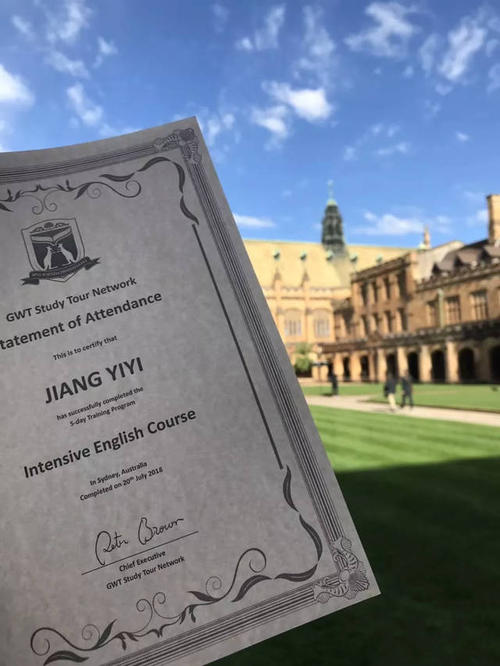在中国文化中,初一十五、朔月弦月圆月,月亮一直被赋予特别的意味。
西方文化也是,在曾经风靡全球的《哈利·波特》里,有一个小女孩叫Luna(卢娜·洛夫古德),别名疯姑娘(Loony),
还有一个教授叫Remus John Lupin(卢平),会在满月之时化身狼人,被好友称为月亮脸(Moony)。
Did you check the lunar chart and realize that I was always ill at the full moon?
你是查看过月亮盈亏表,知道我总是在满月时发病吗?
——《哈利·波特与阿兹卡班的囚徒》
从上面的信息可知,月亮与人的思想和行为有很大的关系,在西方文化中也有着与众不同的象征。
我们都知道阳历是solar,而阴历却是lunar,乍一看与月亮moon并没有直接关系,那么这一词源是怎么来的呢?
在古罗马神话中,Luna是月亮的神圣化身, 在罗马艺术中,Luna的标志是新月和双轭战车,她在希腊神话中对应的是Selene(赛妮涅)。
In ancient Roman religion and myth, Luna is the divine embodiment of the Moon (Latin luna; cf. English "lunar"). She is often presented as the female complement of the Sun (Sol) conceived of as a god. In Roman art, Luna attributes are the crescent moon plus the two-yoke chariot (biga ). Luna's Greek counterpart was Selene.
Luna在拉丁语中就是月亮的意思,英语中的词根lun-也源于此。
与luna同源的单词还有light(光)和词根luc-/lumin-/lustr-等;同时,英文名字Lucius(卢修斯)、Lucia、Lucas、Lucy等名字都来自词根luc-,含有光明之意。
大家认知度很高的堕落天使Lucifer词根也是luc-,有“启明星”的意思,曾是上帝创造的最光辉灿烂的天使,因反叛上帝坠入地狱,后来一度被认作魔鬼撒旦。
illuminate(阐明,照亮)和lucid(清晰的,透明的)等词也与此相关。
月亮的阴晴圆缺会影响地球的潮汐甚至生物周期,因此古时候人们认为月亮有不同寻常的魔力,会使人发狂,而这种力量在满月时达到最大值。
因此lunatic常用来表示“疯狂的,精神错乱的”。lunatic起源于拉丁语lunaticus,字面意思是moon-struck(被月亮影响)。
The term "lunatic" derives from the Latin word lunaticus, which originally referred mainly to epilepsy and madness, as diseases thought to be caused by the moon.
你还见过哪些与luna相关的词?









